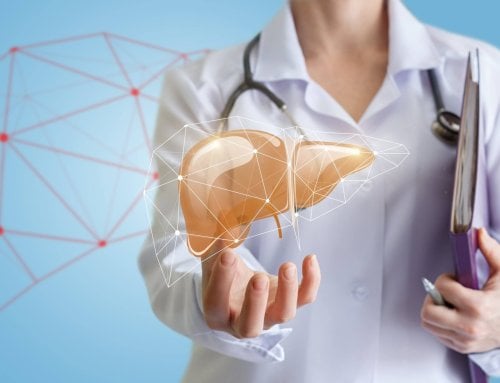Hello. My name is Marci and I’m a registered dietitian and a certified diabetes educator. I have so many inspiring patients! Today I had the privilege of educating my second 88 year old patient of the week! The first one was a man who plays golf, recently was diagnosed with diabetes, loves his sweets and was interested in receiving diabetes counseling. He brought his wife with him to learn about controlling diabetes – practically – (my specialty) and how to use his new meter. It wasn’t long after he sat down that he was confessing all of his poor eating habits.
His HbA1c (3-month blood sugar average) was 7.3% (not terrible, but we can get that number down to under 7% or even 6.5%) and his random blood sugar was 154 mg/dL. By the end of the hour-long session (or maybe a little longer – I can’t resist helping people!), I made it clear that he could OF COURSE continue to have his sweets… but moderately. I knew, his wife knew and he knew – and admitted – that he loves his sweets and won’t / can’t give them up. I suggested alternatives and foods/snacks to add to his sweet list and he seemed satisfied with those recommendations. We’ll see when he returns in a few weeks.
My second 88 year old patient was a woman. She lives on her own and is very intelligent and pleasant. She no longer drives and was dropped off by a friend an hour earlier than our appointment. Her dilemma was why her fasting blood glucose was high and the rest of her day was running quite normal. After speaking with her and finding out her routine, it was clear that she has the Somogyi Effect. What’s this you might ask? High morning (fasting) blood sugars – before you eat or drink anything – is the result of either the Dawn Phenomenon (hormones encouraging hepatic glucose release; in English: the liver kicks out sugar into the bloodstream) or a Somogyi Effect (rebound effect). If you go to sleep with your blood sugar higher than it is in the morning, and you’re not a sleep walker or sleep eater, you are probably getting lower blood sugar during the night and your liver spares you by sending out glucose into the bloodstream. This is very nice of your liver except it becomes too generous and you wind up with high blood sugar, first thing in the morning.
My patient ate her dinner at 6:00pm and took her diabetes medication and then ate nothing until the next morning. Her bedtime glucose was 100 mg/dL and was dropping in the middle of the night. I suggested that she have a bedtime snack of protein and carbs (a few crackers and low-fat cheese, or a fruit and some nuts, or even a Glucerna or Extend drink, or snack bar, or chips made for people with diabetes). The other option was to speak to her doctor to lower her medication since this was a pattern with her and she didn’t want to eat more – she was trying to lose some weight.
Anyway, seeing these older patients is so inspiring for me. Sure, some folks get old and lose their mental and physical abilities. And then there are some, like these two lovely people, who prove that getting old is not all that bad.













Leave A Comment